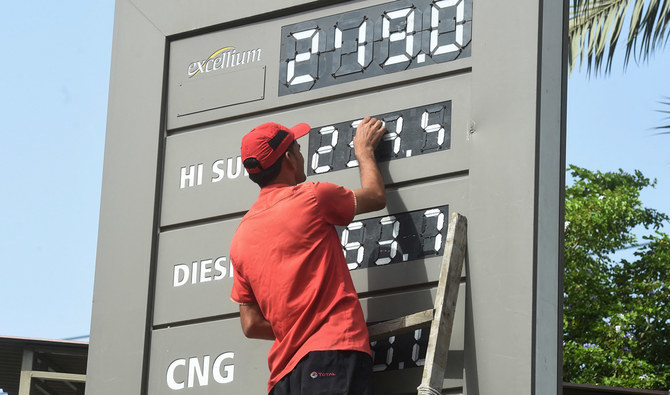International Women's Day: Reflections on Progress and Challenges Ahead

- Ann Malic
- 08 Mar, 2023
As we celebrate International Women's Day on March 8 every year, it's important to reflect on the progress that has been made toward gender equality, and the challenges that still lie ahead while Celebrating Women's Achievements. Hillary Clinton once said, “I believe the rights of women and girls is the unfinished business of the 21st century.”
Over the past century, women have made significant strides in areas such as education, employment, and political representation. In many countries, girls now have equal access to education, and more women are participating in the workforce than ever before. Women are also increasingly represented in positions of power, from CEOs to heads of state. To encourage women, Melinda Gates emphasized, "A woman with a voice is, by definition, a strong woman."
However, despite these gains, women still face significant barriers to full equality. In many parts of the world, women continue to be paid less than men for the same work and are underrepresented in leadership positions. According to the International Labour Organization, only 47 percent of women participate in the global workforce, while men participate at a rate of 72 percent. Also according to the International Labour Organization, women who want to work still have a tougher time securing a job compared to their male counterparts, especially in Arab states and Northern Africa. Women also face higher rates of violence and discrimination and have less access to healthcare and education in many countries specifically in South Asia.
One area where progress has been particularly slow is in the realm of politics. While women now make up a larger percentage of parliamentarians than ever before, they still lag behind men in most countries. In fact, only 25% of national parliamentarians are women, and women are still vastly underrepresented in positions of political leadership.
Another area where progress has been slow is in addressing the issue of violence against women. According to the World Health Organization, 1 in 3 women worldwide experience physical or sexual violence at some point in their lives. Despite increased awareness of this issue, rates of violence against women have remained stubbornly high in many countries.
So what can we do to continue making progress toward gender equality? One key step is to increase women's representation in positions of power. This means supporting women who run for office and advocating for policies that promote gender equality. It also means supporting women in the workplace and working to address the gender pay gap and other forms of discrimination.
Another important step is to address the issue of violence against women. This means supporting survivors of violence and working to change attitudes and behaviors that contribute to violence. It also means investing in programs that promote gender equality, such as education and healthcare initiatives.
Finally, we must continue to raise awareness of the challenges that women face, both at home and abroad. This means speaking out against gender-based discrimination and violence, and promoting policies that support gender equality.
As we reflect on International Women's Day 2023, let us commit to working towards a world where all women can live free from discrimination and violence, and where their voices are heard and their contributions valued. While there is still much work to be done, we have come a long way in the past century, and we can continue to make progress if we remain committed to the cause of gender equality.
Despite the progress that has been made toward gender equality, there are still those who resist change and work to maintain the status quo. In many countries, there is still a deeply ingrained cultural bias against women, which can be difficult to overcome.
One way to address this bias is to change cultural attitudes toward women. This means promoting positive representations of women in media and pop culture and working to break down stereotypes and gender roles. It also means engaging men and boys in the fight for gender equality and promoting positive models of masculinity that reject violence and domination.
Another important step is to address economic inequality. Women are still paid less than men for the same work and are more likely to work in low-wage jobs with few benefits. This means that women are more likely to live in poverty and less likely to have access to healthcare, education, and other essential services.
To address economic inequality, we need to promote policies that support women in the workforce, such as equal pay laws, paid parental leave, and affordable childcare. We also need to support women in starting and running their own businesses and provide access to training and funding for women entrepreneurs.
Ultimately, the fight for gender equality requires a sustained and coordinated effort from governments, civil society organizations, and individuals. It requires us to challenge deeply ingrained attitudes and beliefs and to work towards a world where women are valued and respected as equal members of society.
As we celebrate International Women's Day, let us remember the progress that has been made, and the challenges that still lie ahead. Let us commit to working towards a future where women have equal rights and opportunities, and where gender equality is a reality for all. The aim of the IWD 2023 #EmbraceEquity campaign theme is to get the world talking about why equal opportunities aren't enough. People start from different places, so true inclusion and belonging require equitable action.
Leave a Reply
Your email address will not be published. Required fields are marked *
GRLpGpAG
1
GRLpGpAG
1
GRLpGpAG
1
GRLpGpAG
1'"
GRLpGpAG
\
GRLpGpAG
@@QLJ38
GRLpGpAG
JyI=
GRLpGpAG
1
GRLpGpAG
1
GRLpGpAG
XQXSDvJC











